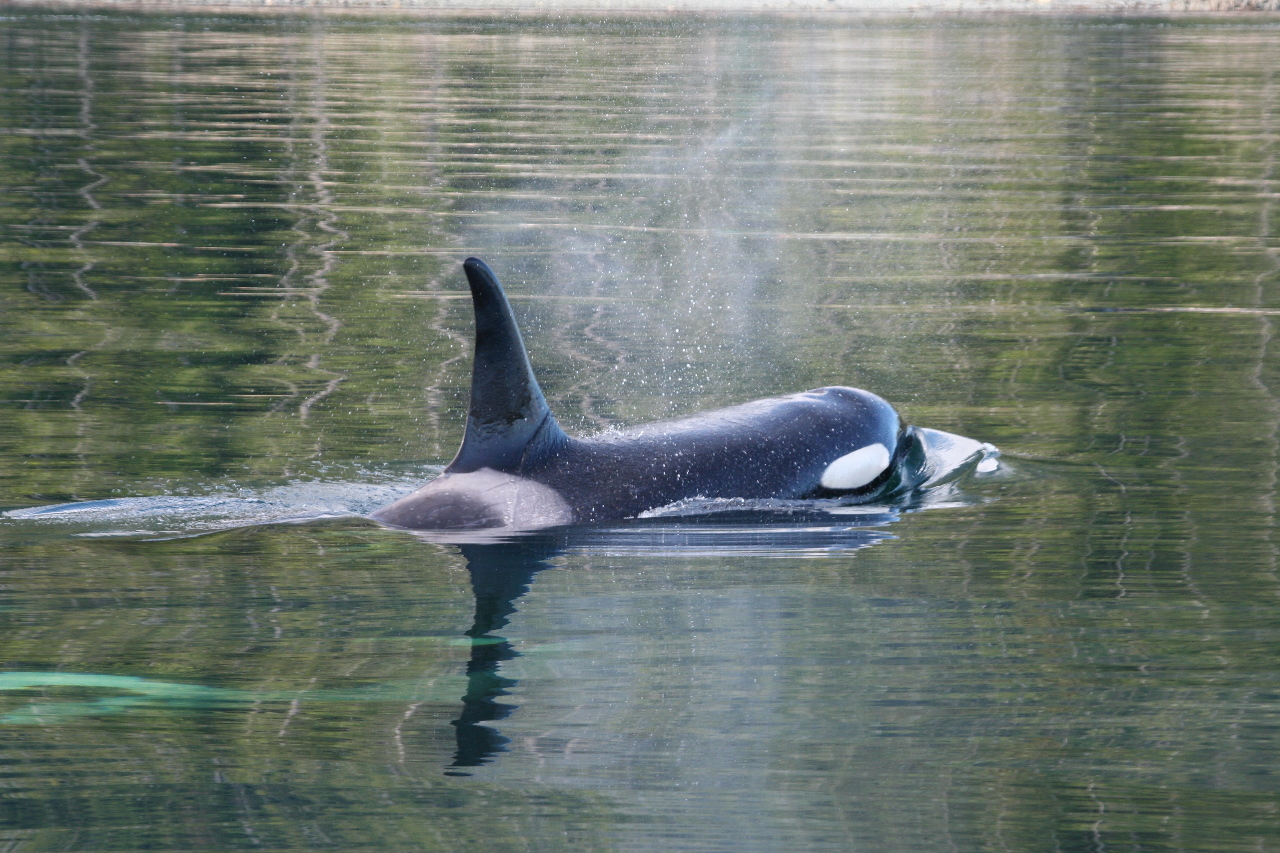


Protesters attempt to turn people away from the Miami Seaquarium in 2015, the same year that Toki was given protection under the Endangered Species Act. In 2021, the USDA released a report outlining how the Miami Seaquarium had cut corners and had denied Toki adequate care – including dirty water in her tank, a lack of shelter from the beating sun, and feeding her rotten fish which led to intestinal issues.
ORCA WHALE FREE
“She may be a complete outlier in her ability to stay healthy.”Įfforts to free Toki have stretched for decades, but have taken on renewed urgency in recent years.Ĭampaigners got a boost in 2005 when southern resident orcas were granted protection under the Endangered Species Act – protection that was extended specifically to Toki in 2015 by the National Marine Fisheries Service. “She’s not withdrawn, neurotic, not the stereotypic behavior that indicates any kind of brain damage associated with being in captivity,” he says. He points to videos showing that Toki exercises herself with no trainers present, doing laps and racing around the pool. I think it’s about her mental health that keeps her physical health in good shape.” “It’s against all odds that she is still alive. “She’s a miracle every day,” says Garrett. Howard Garrett is a whale researcher and activist with the Orca Network on Whidbey Island, who started working on plans for her release back in 1995. For instance, recent independent assessments chronicled the aftermath of an acute illness that sickened her earlier this year.īut despite such issues, experts say she has remained in remarkably good shape considering her long captivity. Tokitae, Toki for short, is the second oldest killer whale in captivity, and her health has had its ups and downs. Here, she is seen performing with a trainer in 1995. Toki is the second oldest killer whale in captivity and is in remarkably good shape. Life hasn’t always been easy: for a decade, she shared a tank with another killer whale named Hugo, but he died of a brain aneurysm in 1980 after repeatedly slamming himself into the glass walls of the enclosure.


Tokitae, whose show business name is Lolita, performed in shows for 48 years of her life, jumping, flipping and hoisting trainers in the air. ‘It’s against all odds that she’s still alive’ The Whale Sanctuary Project notes that there are still more than 3,000 whales and dolphins in captivity globally, including 60 orcas and more than 300 belugas at marine parks and aquariums. The answers could point the way forward for her other whales around the world. Can an animal who has spent so long in captivity be safely released into their native environment? If not, where should she go?
ORCA WHALE HOW TO
“We owe them a retirement program, a pension … giving them back something like this is the least we can do.”īut her possible release also poses profound questions about how to repair the damage of past mistakes. Whales like Toki have earned their human owners millions of dollars and entertained countless people, Vinick reminds. “We owe all these captive animals an opportunity to live in an environment as close to their natural environment as we can possibly provide,” says Charles Vinick, of the Whale Sanctuary Project, which helps free captive whales around the world.Īctivists have called for the release of Tokitae to possibly reconnect with her pod and live out her final days in the Salish Sea. The campaign to release her has gathered supporters from around the globe, and united activists, Indigenous groups and philanthropists with a common cause. Her captivity is an anachronism – a bridge between a time when whales were sold for human entertainment, and today, when the practice is largely scorned. Her mother, believed to be in her 90s, still swims the waters of the Salish Sea, leading a pod of southern resident killer whales to find salmon. Activists are fighting to return the whale – named Tokitae – to the Pacific north-west to live out her final days and possibly reconnect with her family. Now there’s a chance she could finally go home. That female whale has spent the past 52 years of her life in a pool in the Miami Seaquarium – the smallest orca enclosure in North America – performing for crowds until her retirement earlier this year. Photograph: Jeff Greenberg/Universal Images Group/Getty Images The Miami Seaquarium acquired Tokitae, who performs under the name Lolita, the only whale captured in Penn Cove in 1970 who is still alive.


 0 kommentar(er)
0 kommentar(er)
